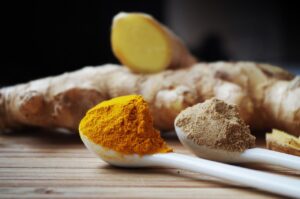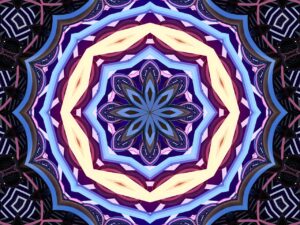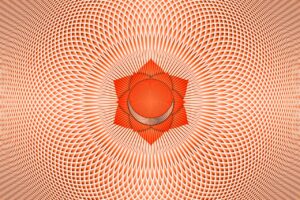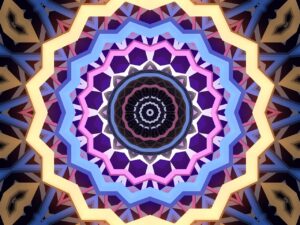Ayurveda is a traditional system of medicine that originated in India over 5,000 years ago. It is based on the belief that health and wellness depend on a delicate balance between the mind, body, and spirit. Ayurvedic medicine aims to restore this balance by using natural remedies, including herbs, oils, and other holistic techniques.

Ayurveda has a holistic approach to healthcare that considers the individual as a whole and not just their physical symptoms. Practitioners of Ayurvedic medicine believe that each person has a unique constitution or “dosha” that determines their physical and mental characteristics, as well as their susceptibility to certain illnesses. Ayurvedic treatments are tailored to the individual’s dosha type and aim to restore balance to their body, mind, and spirit.
Ayurveda has been gaining popularity in recent years as more people seek natural and holistic approaches to healthcare. However, it is important to note that Ayurvedic treatments should always be used in conjunction with conventional medical treatments and under the guidance of a qualified practitioner but there are some basic recipes and herbs that can be used without the prescription of the doctor which Indian have been using in their day to day life. I will be sharing a lot of details of how to use them and how to incorporate those in your daily life without being a big deal. Stay tuned to my Ayurveda health centre.

According to Ayurveda, the three doshas, or energies, are vata, pitta, and kapha. Each person has a unique combination of these doshas that determines their physical and mental characteristics, as well as their susceptibility to certain illnesses.
Vata Dosha

This dosha is associated with the elements of air and space. It governs movement in the body, including breathing, heartbeat, and digestion. People with a dominant vata dosha tend to be creative, energetic, and quick-thinking, but may also experience anxiety, dry skin, constipation, and joint pain when out of balance.
Pitta Dosha

This dosha is associated with the elements of fire and water. It governs metabolism and transformation in the body, including digestion and hormonal balance. People with a dominant pitta dosha tend to be focused, determined, and ambitious, but may also experience heartburn, inflammation, acne, and irritability when out of balance.
Kapha Dosha

This dosha is associated with the elements of water and earth. It governs stability and structure in the body, including immunity and tissue repair. People with a dominant kapha dosha tend to be calm, compassionate, and loyal, but may also experience weight gain, lethargy, congestion, and depression when out of balance.
Ayurvedic practitioners use various techniques to assess an individual’s dosha constitution, including pulse diagnosis, physical examination, and questioning about lifestyle and habits. Treatment may involve diet and lifestyle modifications, herbal remedies, massage, yoga, and other holistic approaches to restore balance to the doshas.
